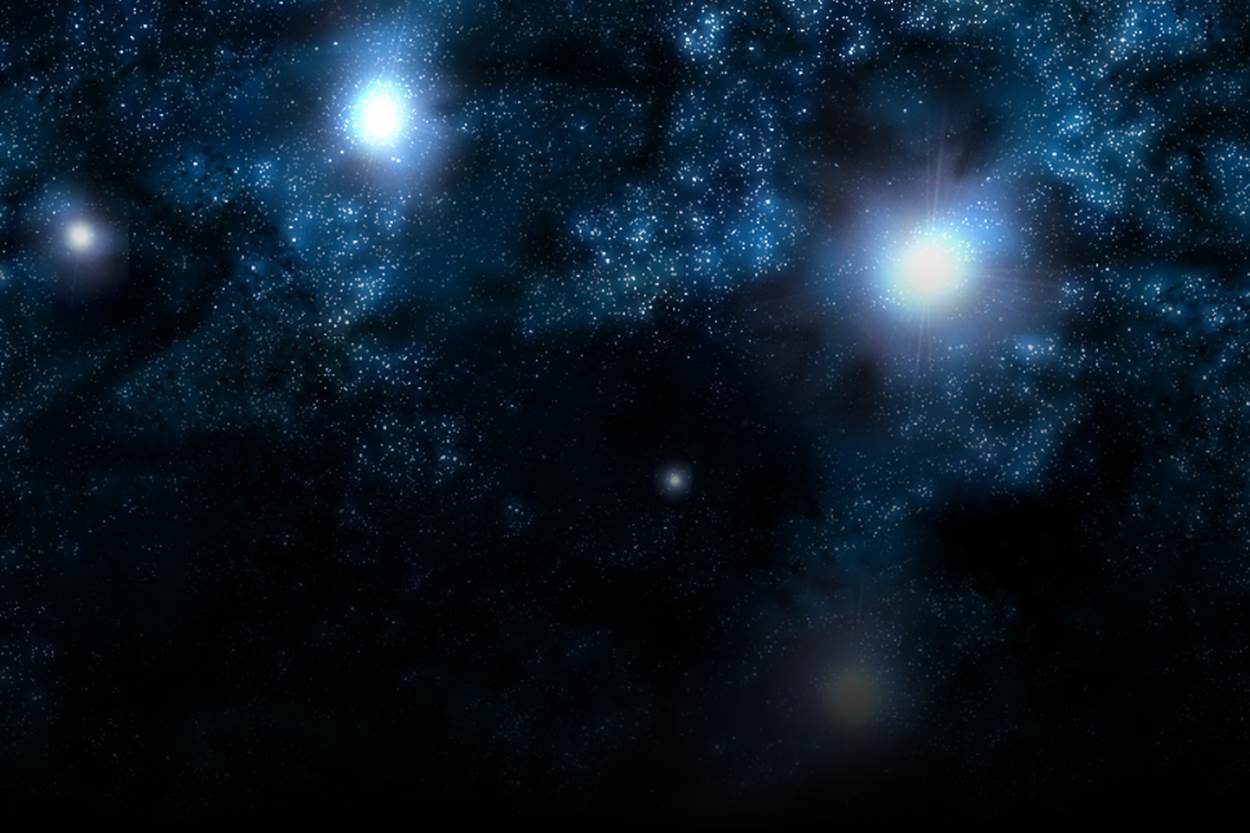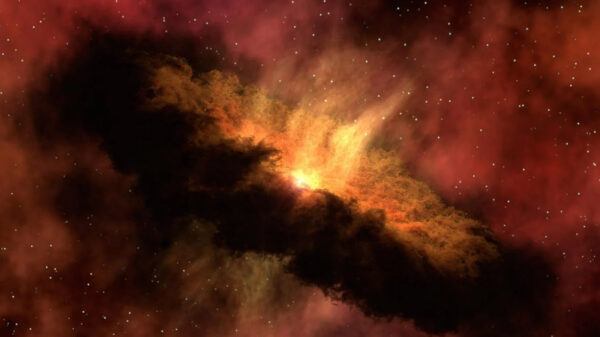
I had looked at the evidence many times prior to this, but as I became more accomplished as a detective and criminal case maker, the power and importance of circumstantial evidence began to dominate my thinking. The cumulative circumstantial case for God’s existence became harder and harder to ignore. One line of evidence was particularly interesting to me. The evidence from cosmology, specifically the evidence for a universe with a beginning, seemed to point to an uncaused, first cause with tremendous power (follow the section titles links to learn more):
The Evidence for a Universe with a Beginning Points to God’s Existence
Evidence from the Second Law of Thermodynamics, the expansion of the universe, the radiation echo, the abundance of Helium in the cosmos and the philosophical problem of infinite regress indicate we are in a universe that began to exist at a fixed point in the distant past.
The Principle of Causality Points to God’s Existence
The Principle of Causality requires us to look for the cause of our universe based on the finite nature of the Cosmos. Every effect, everything that begins, everything that changes, everything that is finite, and everything that is limited has a cause. The first cause of our finite universe must also be uncaused in order for us to avoid the irrationality of an infinite series of causes. All of us, regardless of worldview, are searching for the uncaused, first cause of the universe.
The Lack of Reasonable Alternatives Points to God’s Existence
Scientists and cosmologists have proposed a number of alternative explanations in an effort to avoid the cosmic singularity described by the Standard Cosmological Model. The proposals (including eternal inflation, cyclic evolution, and emergent universe models) fail to eliminate the need for an uncaused, first cause.
The Evidence for a Personal Causal Force Points to God’s Existence
There are two kinds of forces in the universe: personal forces and impersonal forces. Impersonal forces, like the force of gravity, have no choice about how they affect their environment. Impersonal forces cannot decide when to act; if they are present, their effect is felt. If the cause of the universe is an impersonal force, its effect (the appearance of everything from nothing) would be realized the instant the force was present. If the force is impersonal, the cause of the universe could be no older than the universe itself. But if that’s true, we would once again find ourselves looking for whatever caused this first cause. The ultimate cause of the universe must itself be uncaused and eternal in order for us to avoid the illogical and endless pursuit of a prior cause. If the cause of the universe had the ability to decide to bring the universe into existence, this cause is personal. Only personal forces have the ability to decide.
The Biblical Affirmation of the Standard Cosmological Model Points to God’s Existence
The Bible repeatedly describes the causal force of the universe as a personal agent possessing the characteristics anticipated by science and cosmology: God is described as an uncaused, non-spatial, a-temporal, immaterial and personal cause with incredible power. The God of the Bible meets the criteria outlined by science.
As the evidence amasses from a number of divergent areas of study, the inference of God’s existence becomes more and more reasonable. Share on X
Is God real? The evidence from cosmology certainly seems to point us to an affirmative conclusion. This cosmological evidence is only one piece of a larger cumulative case for God’s existence. As the evidence amasses from a number of divergent areas of study, the inference of God’s existence becomes more and more reasonable.

J. Warner Wallace is a Dateline featured Cold-Case Detective, Senior Fellow at the Colson Center for Christian Worldview, Adj. Professor of Christian Apologetics at Talbot School of Theology, Biola University, author of Cold-Case Christianity, God’s Crime Scene, and Forensic Faith, and creator of the Case Makers Academy for kids.
Subscribe to J. Warner’s Daily Email
J. Warner Wallace is a Dateline featured cold-case homicide detective, popular national speaker and best-selling author. He continues to consult on cold-case investigations while serving as a Senior Fellow at the Colson Center for Christian Worldview. He is also an Adj. Professor of Christian Apologetics at Talbot School of Theology, Biola University, and a faculty member at Summit Ministries. He holds a BA in Design (from CSULB), an MA in Architecture (from UCLA), and an MA in Theological Studies (from Gateway Seminary).





































Pingback: Is God Real? The Evidence from Unity - Cross Examined - Christian Apologetic Ministry | Frank Turek | Christian Apologetics | Christian Apologetics Speakers
Pingback: Cold Case Christianity: Is God Real? The Case from Cosmology | Truth2Freedom's Blog
Pingback: Cosmic Inflation: Where Did We Come From? | The Best of Belief
Pingback: Is God Real? The Evidence from Unity | Apologetics ForumApologetics Forum
Pingback: Real Clear Apologetics | Is God Real? Evidence from the Laws of Logic
Pingback: Is God Real? Evidence from the Laws of Logic | Apologetics ForumApologetics Forum
Pingback: Is God Real? Evidence from the Laws of Logic | Cold Case Christianity
Pingback: False Concepts In “Conversations With God”
Pingback: Jesus Is Evidence That God Exists | J Warner Wallace – Reasoned Cases for Christ
Pingback: Have You Ever Looked for a Supernatural Cause at a Crime Scene? - Nehemiah Reset